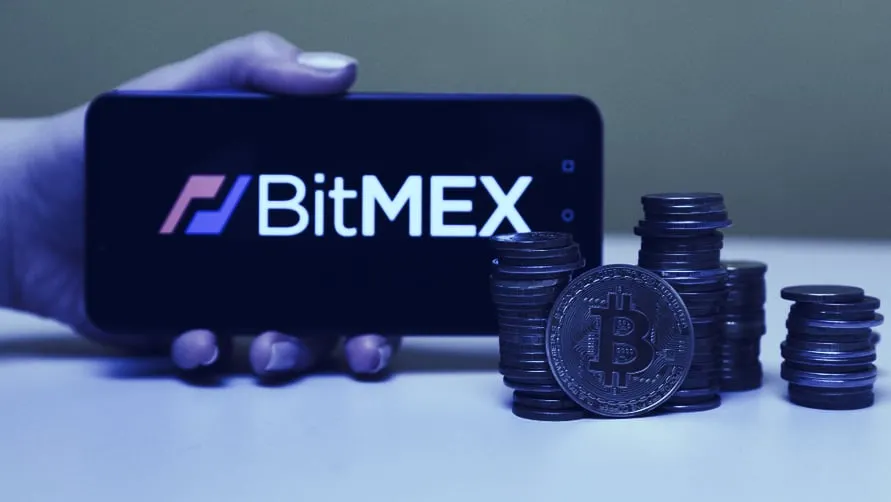In brief
- Crypto exchange BitMEX owners are facing several charges.
- Since the news broke, Bitcoin's price has fallen by about $500 rapidly.
- However, some believe that Bitcoin's long-term value will not be damaged.
The US Commodity Futures Trading Commission (CFTC) has today filed a civil enforcement action against crypto exchange BitMEX, the fifth-largest crypto derivatives platform in the world by volume, according to CoinGecko. And the crypto markets aren't happy.
The charges relate to operating an unregistered trading platform, as well as violations of multiple regulations, including failing to implement anti-money laundering procedures.
Among those charged in the CFTC civil enforcement action are Arthur Hayes, Ben Delo, and Samuel Reed. All three individuals are BitMEX owners.
Following the news, the price of Bitcoin fell rapidly.
According to prices on Binance, the cryptocurrency shed roughly $500 within minutes. Bitcoin suffered a dip from a 24-hour high of $10,920 to approximately $10,500, also dropping to a 24-hour low of $10,437. It may be too early to tell where the price of Bitcoin will end up as a result of this news, but short and long term consequences could actually look quite different.
“I’m not surprised that price has dropped in the short term, this is exactly the sort of thing that scares new or inexperienced investors and can significantly affect short-term confidence,” Jason Deane, Bitcoin analyst at Quantum Economics, told Decrypt.
While it perhaps isn’t surprising that Bitcoin has suffered a short-term drop as a result of this news, it remains to be seen if Bitcoin suffers any long-term damage to its value. For Deane, the enforcement action against BitMEX might not actually damage Bitcoin in the long run.
“Long term HODLers will be unfazed. In fact, from a long term and global perspective, there are many who view this as a good thing as Bitcoin (and the services that organizations such as BitMEX provide) goes through the process of working with regulators,” Deane said.
Still, it’s worth noting that if US regulators succeed in shutting BitMEX down, it could have some big consequences for the market. According to CoinMetrics data posted on Twitter, BitMEX has approximately $2 billion worth of Bitcoin in their vaults.
And this graph, also posted on Twitter, shows how alarmingly sharp a price decrease can be.
At the moment, Bitcoin is running on a record-setting streak of consecutive days above $10,000. As this story develops, it will be worth keeping a close eye on Bitcoin’s resiliency.
Disclaimer
The views and opinions expressed by the author are for informational purposes only and do not constitute financial, investment, or other advice.
Daily Debrief Newsletter
Start every day with the top news stories right now, plus original features, a podcast, videos and more.

